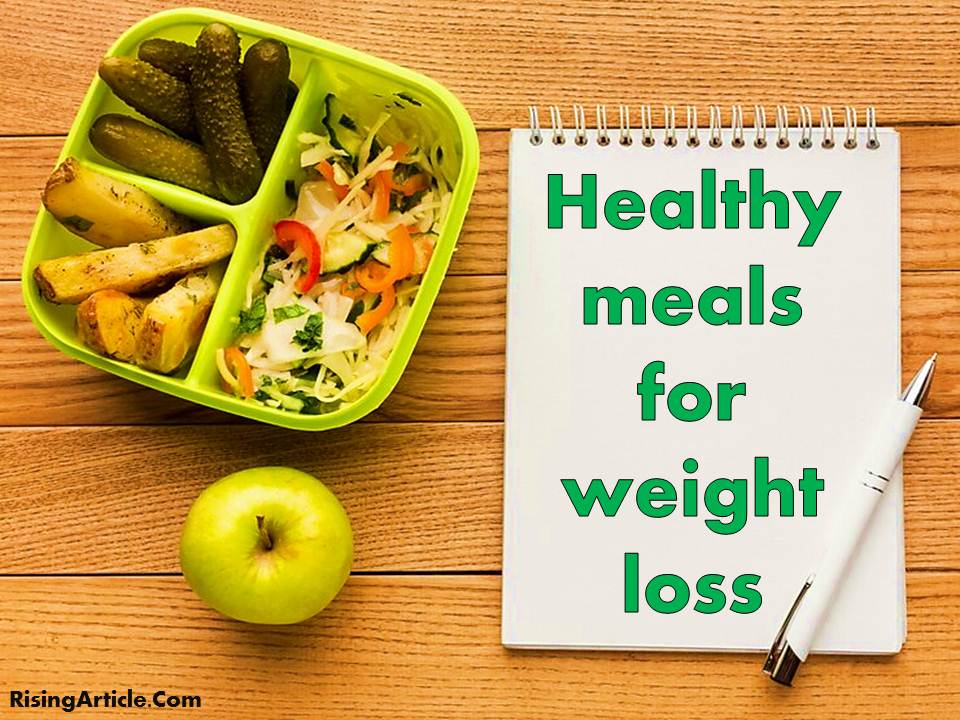Discover the Ultimate Guide to Healthy Snacks for Kids Fueling Growth with Flavor
Providing kids with tasty and nutritious snacks has never been more important than it is in today’s hectic environment. The emphasis on “Healthy snacks for kids” has become increasingly important as parents and caregivers attempt to discover a balance between convenience and health. A child’s nutritional needs must be met, but good eating habits must also be instilled from an early age in order to nurture their overall health.
We explore healthy snack alternatives here, focusing on tasty and nourishing options that will not only satiate our toddlers’ developing palates but also support their overall growth. Come along on this adventure with us to find a multitude of tasty and healthy options that make snack time beneficial for kids and parents alike.
Healthy snacks for kids
 It is crucial for children’s general development and well-being to provide them with nutritious snacks. Here are some tasty and healthy snack ideas for kids:
It is crucial for children’s general development and well-being to provide them with nutritious snacks. Here are some tasty and healthy snack ideas for kids:
Fresh Fruit
Sliced apples with peanut butter
Banana slices with a sprinkle of cinnamon
Berries (strawberries, blueberries, raspberries)
Vegetable Sticks
Carrot and cucumber sticks with hummus
Cherry tomatoes with a light sprinkle of salt
Bell pepper strips with guacamole
Dairy and Dairy Alternatives
Greek yogurt with a drizzle of honey and granola
Cheese cubes or string cheese
Smoothies made with yogurt, fruits, and a handful of spinach
Frozen Treats
Frozen fruit popsicles (made with real fruit and yogurt)
Frozen grapes
Greek yogurt drops (frozen dollops of yogurt on a tray)
Nuts and Seeds
Almonds, walnuts, or pistachios (ensure there are no allergies)
Trail mix with a mix of nuts, seeds, and dried fruits
Sunflower seed butter on whole grain bread or crackers
Whole Grains
Whole grain crackers with cheese
Popcorn (preferably air-popped and lightly seasoned)
Whole grain toast with avocado spread
Protein-Packed Snacks
Hard-boiled eggs
Turkey or chicken slices
Edamame (steamed soybeans)
Dips
Hummus with whole grain pita bread or veggie sticks
Salsa with whole grain tortilla chips
Greek yogurt-based dip with herbs for flavor
Homemade Muffins or Energy Bites
Whole grain or oatmeal muffins with added fruits or nuts
Energy bites made with oats, nut butter, honey, and add-ins like chia seeds or shredded coconut
Hydration
Water infused with fruits (e.g., berries, citrus slices)
Low-fat milk or fortified plant-based milk
Any allergies a child may have should be taken into account while making snacks for them. You may also make snack-making enjoyable and informative by letting kids help choose and prepare the goodies. To ensure that your diet is well-balanced and nutritious, always be aware of portion sizes and make an effort to balance your snacks with different food groups.
Benefits of Healthy snacks for kids
 Offering kids nutritious snacks has several advantages for their general growth and well-being. Here are a few main benefits:
Offering kids nutritious snacks has several advantages for their general growth and well-being. Here are a few main benefits:
Blood sugar levels can be regulated by eating nutritious snacks that contain both complex carbohydrates and proteins. This helps to avoid mood swings and energy collapses.
Providing wholesome snacks can support children’s healthy weight maintenance by controlling hunger and preventing overeating during main meals.
Introducing a range of healthful snacks to young children aids in the development of good eating habits that last into adulthood.
Nutrients like vitamins, minerals, and antioxidants that are included in healthy snacks help children grow and thrive.
Snacks high in nutrients give kids a rapid and long-lasting energy boost, which helps them stay energized in between meals.
Snacks that are well-balanced and contain a variety of carbohydrates, proteins, and healthy fats can improve cognitive performance and focus in kids, making them more successful in school and other activities.
Healthy snacks like cheese and yogurt that are high in calcium and vitamin D help children grow strong bones and teeth.
A strong immune system is supported by nutrient-dense snacks, especially those high in zinc, antioxidants, vitamins C and E, and other nutrients, which helps kids avoid sickness.
Due to their high water content, snacks like fruits and vegetables help youngsters stay hydrated, particularly those who might not get enough water throughout the day.
Fruits, vegetables, and whole grains are examples of high-fiber snacks that promote digestive health and a balanced gut microbiota.
Consuming nutritious snacks on a regular basis helps guard against nutrient deficits and guarantees that kids get all the nutrients they need to be healthy.
An early introduction to and reinforcement of the value of wholesome snacks sets the stage for a lifetime of dietary prudence.
Snacks high in nutrients have the ability to affect the creation of neurotransmitters, which may help children’s behavior and mood.
It is important to keep in mind that children’s health is greatly influenced by their total dietary pattern, which includes meals and snacks. Encouraging a varied and well-balanced diet is essential to fully benefiting from kid-friendly healthy snacks.
Conclusion:-
Including nutritious snacks in a child’s diet is essential to supporting their general growth and well-being. Parents and other caregivers have a critical role to play in making sure children obtain the needed vitamins, minerals, and energy required for growth and long-term vitality by providing nutrient-dense foods.
In addition to improving physical health, nutritious snacks have a significant positive influence on focus, mood stability, and cognitive performance. Furthermore, establishing healthful eating habits in children sets the stage for a lifetime of knowledge about nutrition and thoughtful food selection.
Healthy snacks have advantages for more than just short-term health; they also help with immunological response, bone growth, and the formation of a balanced gut microbiota. These snacks are the foundation for a strong and healthy young body since they promote hydration and guard against nutritional deficits.
The more we understand the importance of eating a healthy snack, the more we see how childhood decisions have a lasting impact. In addition to improving physical health, caregivers help children develop favorable attitudes toward food by creating an environment that supports a range of fruits, vegetables, whole grains, and other nutrient-dense foods. Giving children nutritious snacks is essentially a foundational step towards creating a future generation that is healthier, happier, and more energetic.




